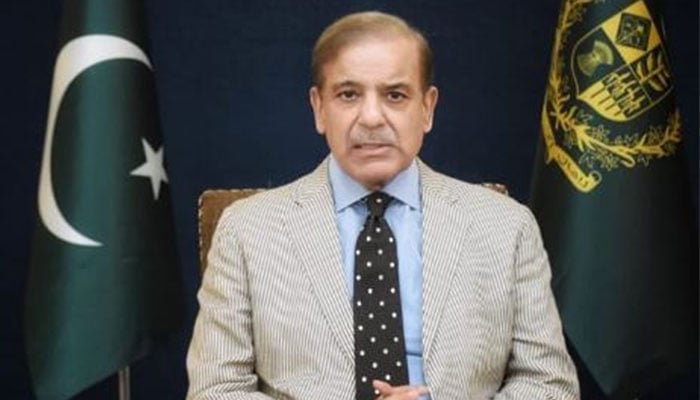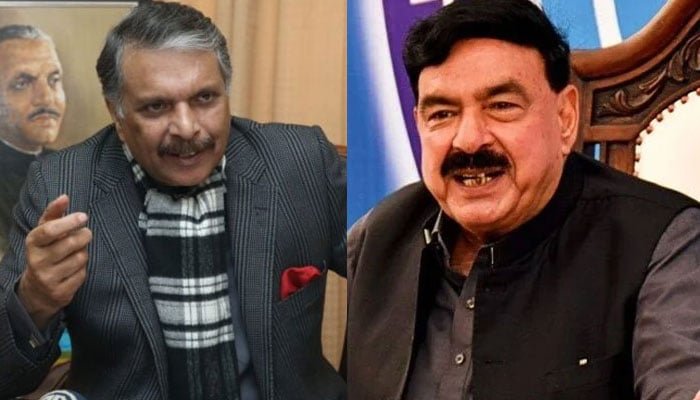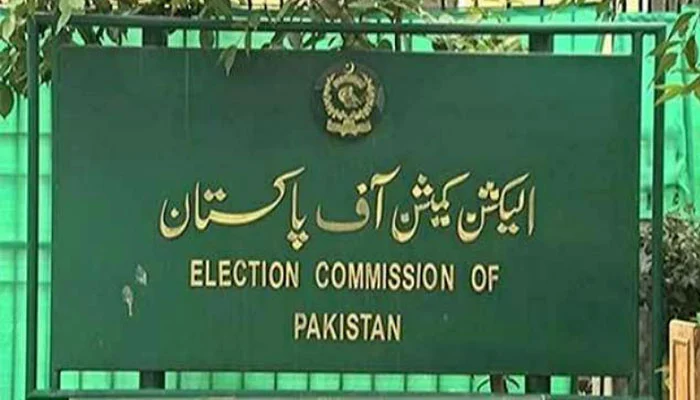Today, Shahbaz Sharif, the Prime Minister-elect of Pakistan, is taking the oath of office. The President of the country, Dr. Arif Alvi, will administer the oath to the Prime Minister. The swearing-in ceremony is scheduled to take place at 3:00 PM at the Presidential Palace.
Preparations for Shahbaz Sharif’s oath-taking ceremony have been completed, and invitations have been issued for the event. During the special session of the National Assembly held yesterday, Shahbaz Sharif secured 201 votes of the 342 members, making him the Prime Minister-elect. His opponent, Omar Ayub of the Sunni Ittehad Council, managed to secure 92 votes.
Shahbaz Sharif received support from various political parties, including the Pakistan Peoples Party, Muttahida Qaumi Movement Pakistan, Pakistan Muslim League-Q, Tehreek-e-Labbaik Pakistan, and Jamaat-e-Islami. Notably, the Jamiat Ulema-e-Islam-Fazl did not vote in favor of any candidate during the ministerial elections.
Following the successful election, Shahbaz Sharif’s notification as the Prime Minister-elect has been issued. He will be addressing the nation for the first time after being elected as the Prime Minister. In his inaugural address, Prime Minister Shahbaz Sharif extended an invitation to the opposition to form a consensus on economic policies.
Despite intense opposition protests and noisy scenes during the assembly session, Shahbaz Sharif emphasized the need for rational discourse rather than chaos in the Parliament. He expressed his vision for revolutionary changes and fundamental reforms in the system, emphasizing the importance of making decisions collectively.
Prime Minister Shahbaz Sharif also underscored the significance of enhancing Pakistan’s international stature, particularly through the China-Pakistan Economic Corridor (CPEC). He pledged to maintain equal and respectful relations with neighboring countries and to address historical grievances with the United States.
Shahbaz Sharif’s swearing-in ceremony marks a significant moment in Pakistan’s political landscape, with expectations of economic stability and diplomatic maturity under his leadership.



